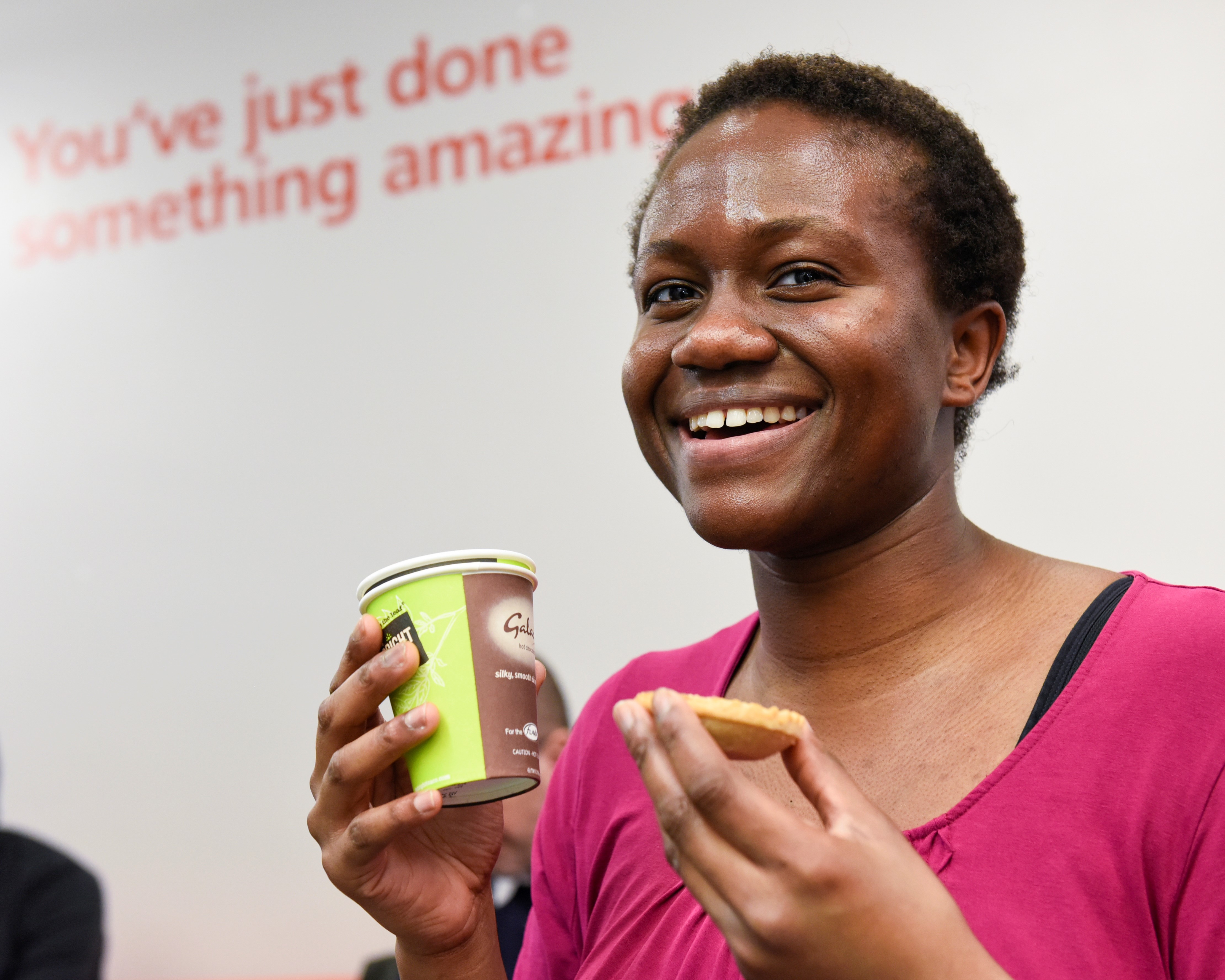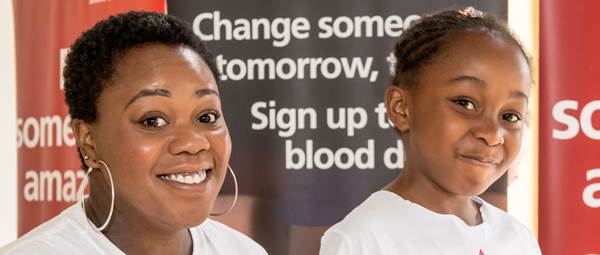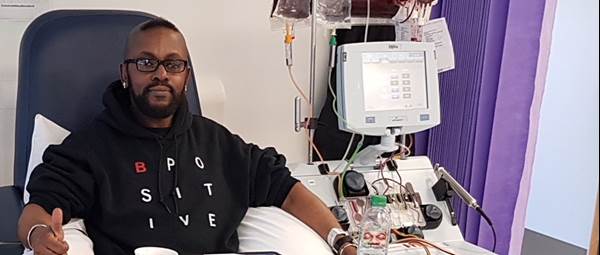Funding to address shortage of blood donors among Black, Asian, mixed heritage and minority ethnic communities
New funding totalling £600,000 has been announced as part of the Government’s commitment to tackle health inequalities. The funding aims to address the lack of Black blood donors whose blood is used to treat conditions like sickle cell disease, and the shortage of organs for those waiting for a transplant from all Black, Asian, mixed heritage and ethnic minority backgrounds.
The Community Investment Scheme, which is run by NHS Blood and Transplant, will fund community and/or faith/belief organisations to drive awareness, understanding and behaviour change.
Having previously focussed solely on promoting organ donation after death, in the scheme’s third year NHS Blood and Transplant is now looking for applications that will engage diverse communities on the issue of blood donation too.
Types of funding
The funding available through the scheme has increased to reflect this, with an estimated total of £600,000 available.
Organisations will be able to apply for one of three funding bands:
- up to £2,499
- between £2,500 - £10,000
- between £10,001 and £20,000
This year, as part of the scheme, NHS Blood and Transplant is also launching the Community Engagement Leads initiative. This will work in conjunction with key community-based organisations across England to create grassroot networks to promote organ and blood donation.
Now more than ever, the impact of COVID-19 is making innovative approaches to community engagement essential. NHS Blood and Transplant is requesting that applicants demonstrate consideration of the current uncertainty around COVID-19. Applications focused on a digital delivery are encouraged, while digital contingency planning will be expected for any face-to-face work.
Health Minister Lord Bethell said:
“This new funding will help organisations carry out vital work within local Black, Asian, mixed heritage and ethnic minority communities by opening up and informing the conversation about organ and blood donation.
“Often a person’s best donor match will share their ethnicity, but too many donation opportunities are missed because families aren’t discussing the subject.
“We know when it comes to organ donation, these conversations save lives, which is why it is so important to help individuals make an informed decision and talk about it with their families.”
Promoting blood donation
This year NHS Blood and Transplant is opening up the scheme to fund organisations to encourage blood donation, specifically amongst people from Black African and/or Black Caribbean communities.
We are keen to work with trusted voices and organisations who can help address barriers, normalise blood donation and drive behaviour change within Black African and Black Caribbean communities.
Altaf Kazi, Head of Faith and Belief Engagement at NHS Blood and Transplant, said:
“Through the Community Investment Scheme we have seen first-hand the abilities of trusted individuals and community groups to prompt conversation, tackle misinformation, educate and offer reassurance around organ donation. We are now pleased to be able open up the scheme to encourage blood donation too.
“More and more Black people are donating blood. However, donation levels are still low and we still need more black blood donors to help seriously ill patients.
“We know that when people understand that they can save lives by donating blood, and that their blood is needed, they are motivated to make that first appointment and go on to become regular blood donors.”
Get involved
We are asking more people from Black, Asian, mixed heritage and ethnic minority communities to find out about both blood and organ donation and help us to address the health inequalities that many members of these communities may face. By giving your support you can help save lives.
Applications should be submitted by 5pm on the 2nd December 2020. Projects will need to be completed by the 1st October 2022.

The Community Investment Scheme
Find out more about the scheme and how to apply for funding

Why more Black donors are needed
Some rare subtypes are more common in specific communities, which is why we need more blood donors

Sickle cell and blood transfusions
Blood transfusions can make a huge difference to people with sickle cell

